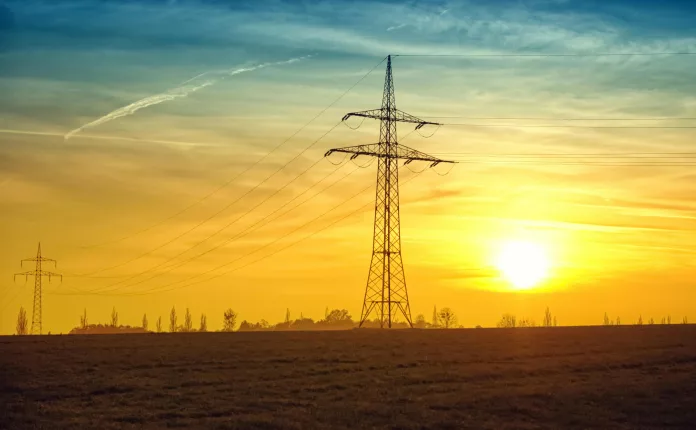Today marks a significant milestone in energy collaboration as the Viking Link, the longest land and subsea interconnector globally, begins its commercial journey. This ambitious project is designed to bridge the UK and Denmark, providing a robust energy exchange platform.
Connecting Two Powerhouses
The Viking Link boasts remarkable capabilities, with a 1.4 gigawatts (GW) capacity spanning 475 miles across varied terrains and beneath the sea. The connector links Bicker Fen substation in Lincolnshire to the Revsing substation in Denmark’s South Jutland, serving as a testament to engineering prowess and international cooperation.
Smart Energy Distribution
Differing weather patterns mean the UK and Denmark don’t always generate high wind energy at the same time. Capitalizing on this, the Viking Link will intelligently transfer surplus energy across borders, responding dynamically to the fluctuating demand levels in each country. This direct flow of electric power will ensure optimal usage of renewable resources.
The Financial and Environmental Gains
At a cost of £1.7 billion ($2.16 billion), this venture, spearheaded by the UK’s National Grid and Denmark’s Energinet, is more than just a financial investment. It’s estimated to supply energy for up to 2.5 million UK homes, with the potential to deliver over £500 million ($637 million) in consumer savings over a decade, thanks to Denmark’s economical power supply.
Starting initially at 800 megawatts (MW), Viking Link’s capacity is expected to surge to its full 1.4 GW potential within the year. Even in its infancy, its operations are set to slash around 600,000 tonnes of carbon emissions annually—akin to removing 280,000 cars from the road.
Fueling Greener Futures
Katie Jackson, President of National Grid Ventures, emphasizes the critical role of international energy links like Viking Link. They’re pivotal in achieving climate goals, enhancing energy security, lowering consumer costs, and supporting the surge in wind power deployment.
The Making of the World’s Longest Interconnector
The construction of this colossal project was undertaken by several industry giants. Prysmian Group was tasked with manufacturing the HVDC offshore cable and laying it with the specialized vessel, the Leonardo Da Vinci. The cable was buried beneath the seabed using cutting-edge Asso trenchers for added protection.
On land, Prysmian Group supplied the HVDC cables in the UK, with installation managed by Balfour Beatty. NKT handled the Danish land cables, with Monck overseeing the installation process.
Looking Ahead: The LionLink Project
Building on the success of Viking Link, National Grid has announced a partnership with the Dutch operator TenneT to establish LionLink, an even more powerful 1.8 GW interconnector. This UK-Netherlands energy bridge is slated to be operational in the early 2030s, further underscoring the growing reliance on international connectivity for energy resilience and sustainability.



























